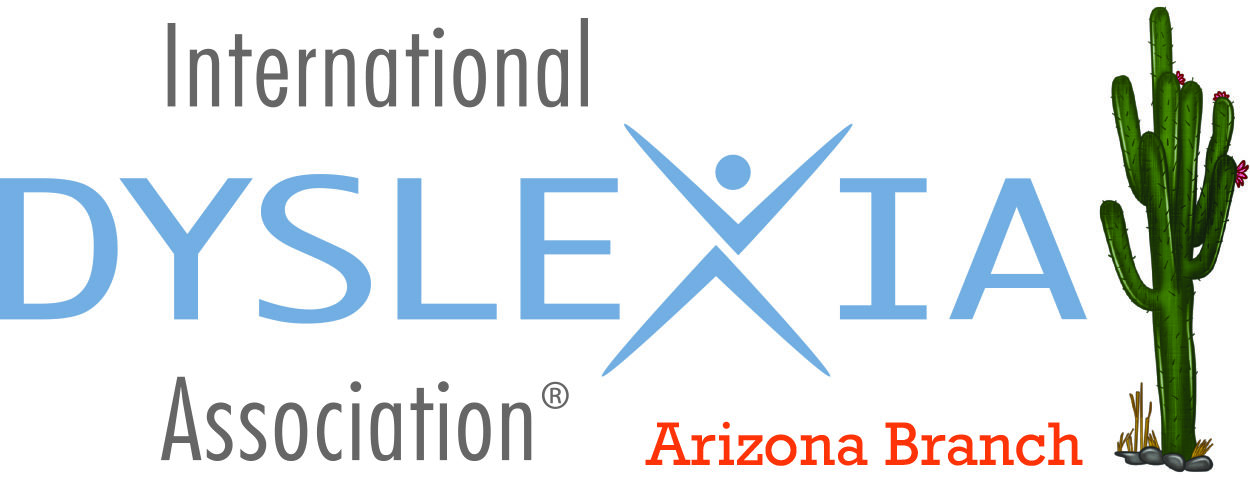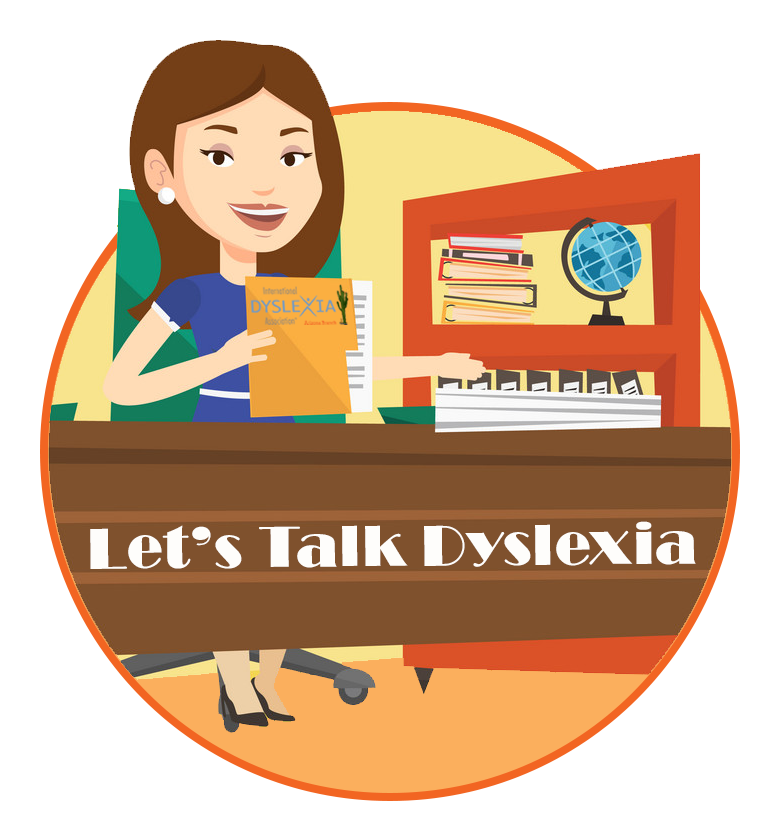Let’s Talk Dyslexia – May 2021 – Issue 4
“We have to be intentional in bringing about positive growth that we desire to see in our lives. ” -Rhett Smith
Don’t miss the next Coffee Chat on Monday, 5/24 @ 6 PM! Register Today! |
SAVE THE DATE!Learning & Literacy Virtual Symposium 9/25/21! |
Get your struggling readers reading today! Register for Learning Ally! |
Explore the benefits of IDA membership! |

Why do evaluation and IEPs say “Specific Learning Disability” and not “Dyslexia?”
By Heather Caciola, M.Ed, CDT, CALP
Dyslexia, defined by the International Dyslexia Association, is a specific learning disability that is neurobiological in origin. It is characterized by difficulties with accurate and/or fluent word recognition and by poor spelling and decoding abilities. These typically result from a deficit in the phonological component of language that is often unexpected in relation to other cognitive abilities and the provision of effective classroom instruction. Secondary consequences may include problems in reading comprehension and reduced reading experience that can impede the growth of vocabulary and background knowledge(1). The correct disability code on an evaluation or IEP is Specific Learning Disability (SLD) (2). However, if the disability that qualifies your child for special education services under an IEP is inaccurate and/or fluent word recognition and poor spelling and decoding, then using the term “dyslexia” is warranted.
It is important to note that schools are not required to name a student’s learning or thinking difference in their evaluation or IEP. However, they absolutely can use specific terms like dyslexia, dyscalculia, and dysgraphia. In 2015, the U.S. Department of Education wrote a formal opinion letting schools know that nothing in the law prevents a school from using the term “dyslexia” in an evaluation or IEP. Formal Opinion Letter
Will the IEP team name my child’s disability in the evaluation and IEP?
The IEP teams should use terms that will help them make the best decisions for the student. If the results of the evaluation support the use of the term dyslexia, there is no good reason for the team not to use it. Since you, the parent, are a part of the IEP team, you can ask the child’s evaluators if it is accurate to say your child has dyslexia. If so, ask them to include dyslexia in their report. When the IEP is presented to the team, ask the person who writes the “Present Level of Performance” section and goals to use dyslexia in their descriptions.
Why Use the Term Dyslexia?
The term dyslexia reflects not only the challenges the student is experiencing but the many strengths that go along with it. It is widely recognized that dyslexic individuals can excel and flourish in the following areas: creativity, imagination, “out-of-the-box thinking,” attention to detail, high emotional intelligence, resilience, and diligence. For dyslexic individuals, it is important to know they are not alone and that other people with dyslexia are successful. Identifying as a dyslexic individual can be empowering when they understand their strengths and the science behind their challenges. It also can help with self-advocacy and awareness.
In a school setting, using the term dyslexia can help your child get appropriate services that meet their needs. It also clarifies a student’s needs making it easier to communicate with the school team while keeping everyone on the same page. Moreover, many people agree that the term dyslexia is more reflective of how the brain processes sounds and words and how this neuro- diversity affects many aspects of learning. We also know that dyslexic individuals can learn to read and spell when provided with appropriate evidence-based instruction.
Using “Dyslexia” Tips
Here are some tips to encourage the use of the word “dyslexia” from the Yale Center for Dyslexia & Creativity (3):
- If you have been diagnosed with dyslexia, use the word when talking about your specific disability. Just using the word itself can bring a sense of comfort, confidence, and identity.
- Own your own dyslexia. Talk about it, and don’t be afraid to ask for help.
- For teachers and parents, be aware that instruction, intervention, and related services must be based upon the child’s unique needs as an individual with dyslexia. Using a broad term such as “learning disability” instead of the word dyslexia makes that far more difficult. Never use even less-specific terms such as “learning differences.”
- Using dyslexia as a term that follows the student from year to year helps each teacher provide continuity in supports and accommodations.
- Follow the example of the many successful people who openly call themselves dyslexic. Read their stories here.
If you’d like to be a guest contributor to Let’s Talk Dyslexia, please email us at info@arizonaida.org.
Until Everyone Can Read!
For a PDF version of this post click here
Sources:
International Dyslexia Association: Definition of Dyslexia. Retrieved from https://dyslexiaida.org/definition-of-dyslexia/ (1)
Arizona Dyslexia Handbook: Where is the Word Dyslexia in Federal Legislation? https://www.azed.gov/sites/default/files/2018/04/AZ-TAS%20Dyslexia%20Handbook_0.pdf?id=5ada56093217e11d10341d52 p. 39 (2)
Yale Center for Dyslexia & Creativity: Use the Word Dyslexia. Retrieved from https://dyslexia.yale.edu/dyslexia/declaration-of-rights/use-the-word-dyslexia/ (3)


